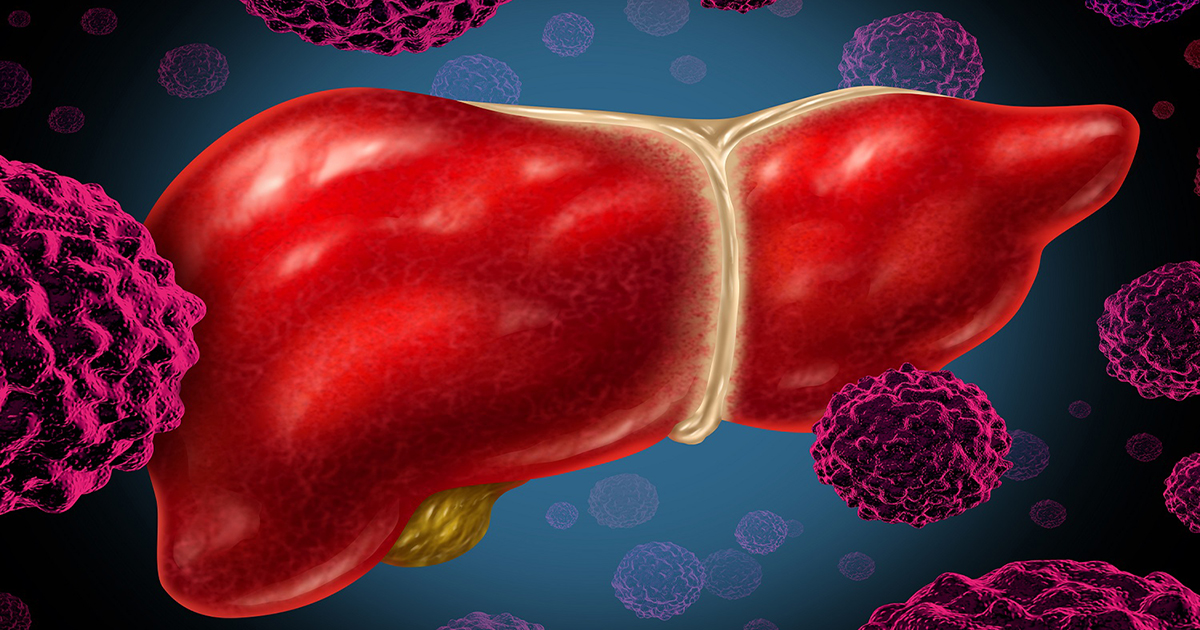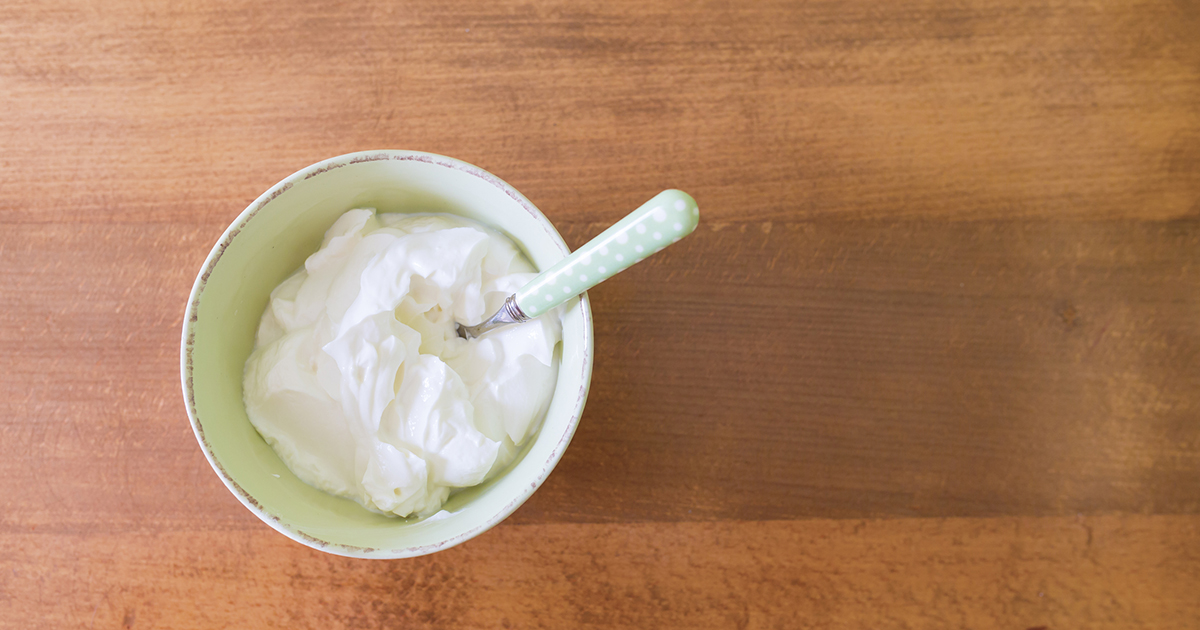The Importance Of Vitamin B12
Storing And Absorbing B12

The health of the digestive system is just as important as getting vitamin B12 because the absorbability of B12 is dependent on the health of the digestive system. However, according to research done in 2007 by the scientific journal Experimental Biology and Medicine, vitamin B12 is difficult to absorb. Healthy adults only absorb and use up to fifty percent of the vitamin B12 they consume.
After it has been absorbed and stored in the liver, the remaining amounts of vitamin B12 leave the body through the urine.
Now that you know how B12 is stored and absorbed, continue reading to learn which are the best sources of vitamin B12.
Best Sources Of Vitamin B12

The top sources of vitamin B12 are as follows: three ounces of beef and chicken liver contains 81 mg which is 3,375% of RDA; one filet of fatty fish contains 9.1 mg to 19.5 mg which is 379% to 812% RDA; and one container of plain Greek organic yogurt contains 1.3 mg which is 53% RDA. Other great sources include turkey, three ounces of which contains 1.1 mg (43% RDA); raw milk, one cup of which contains 1 mg (41% RDA); beef tenderloin, which contains 0.9 mg (38% RDA) per three ounces; and lamb, which contains 0.8 mg (34% RDA) per three ounces.
Although some may seem like they are too high in vitamin B12, the body can store this nutrient and use it as needed. However, there is such a thing as consuming too much B12.
Keep reading to discover what happens if too much vitamin B12 is consumed.
